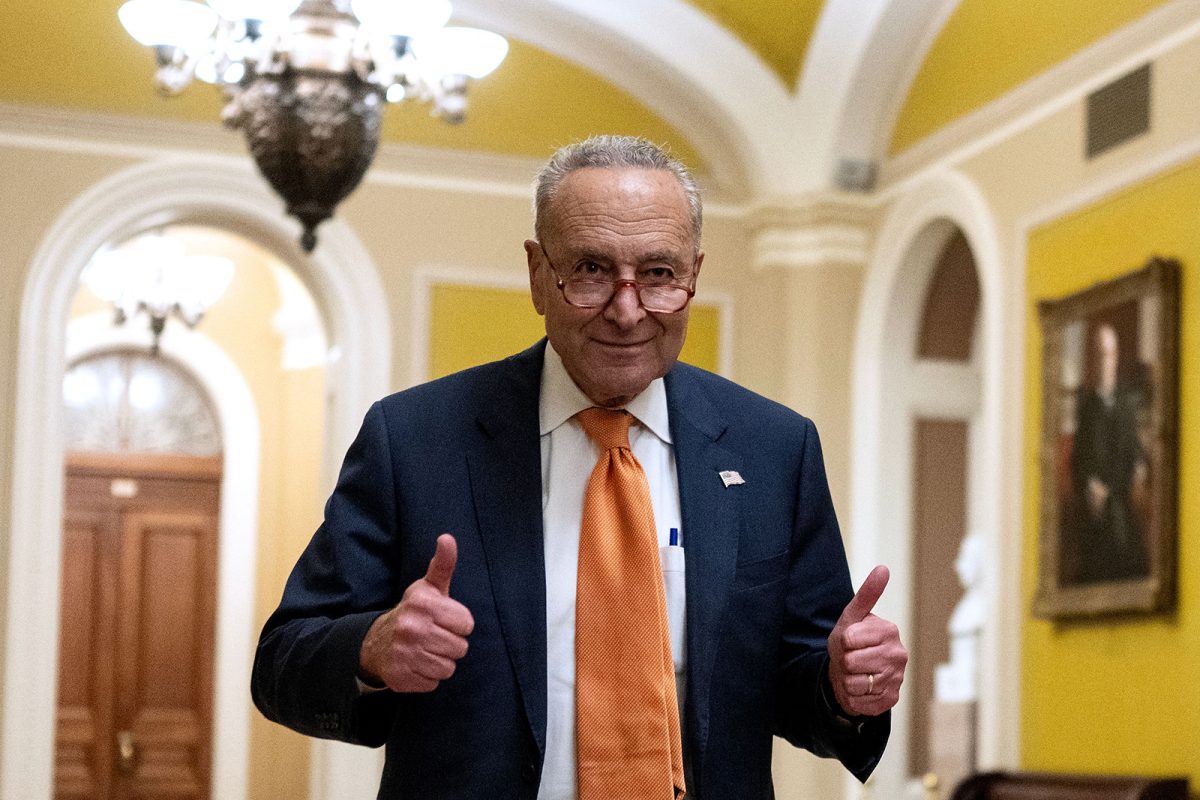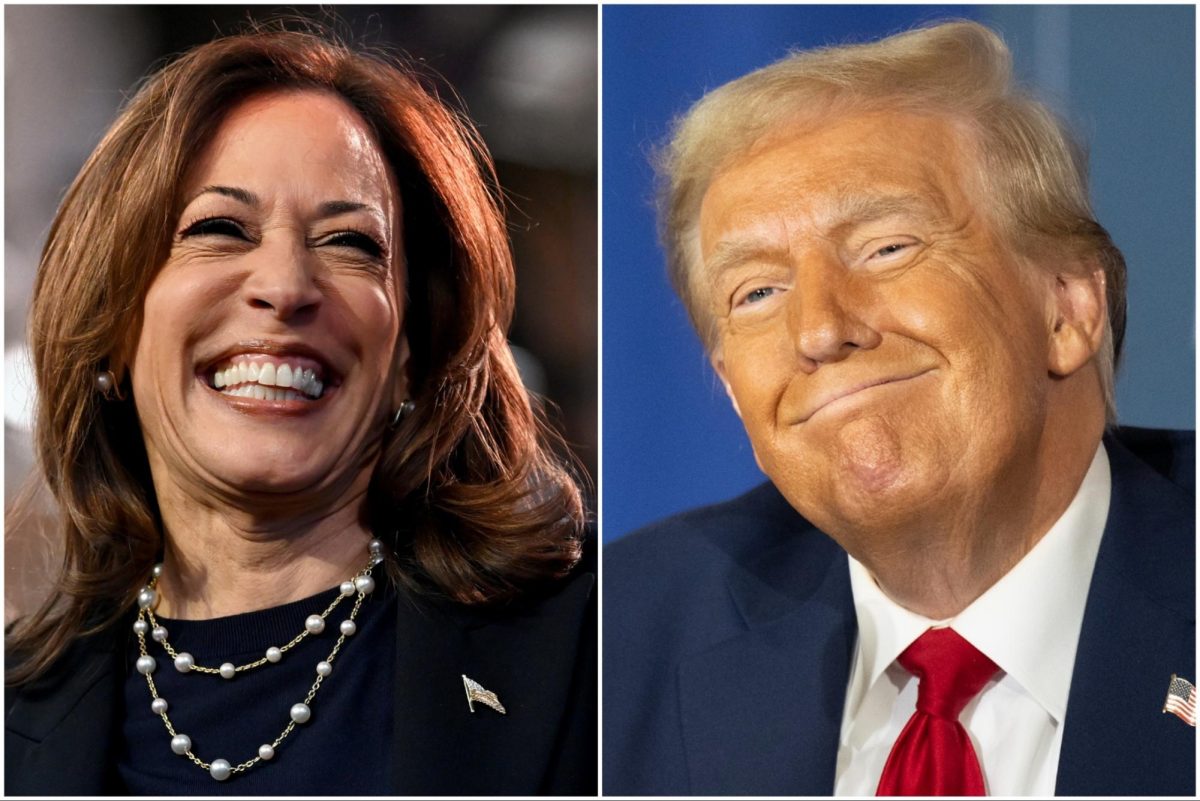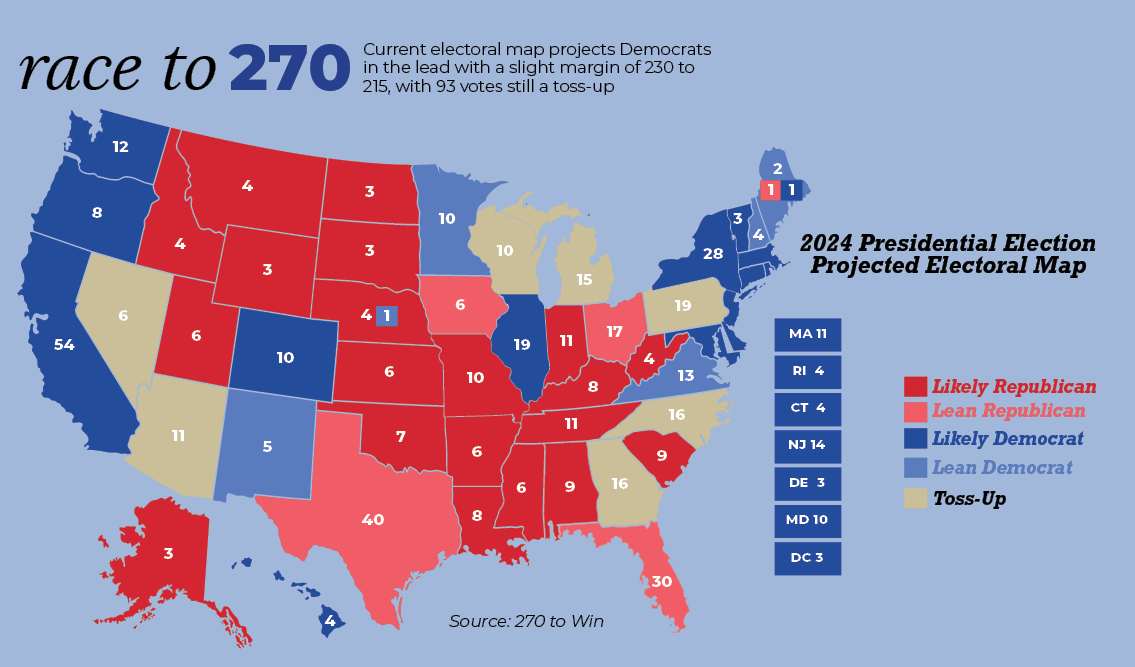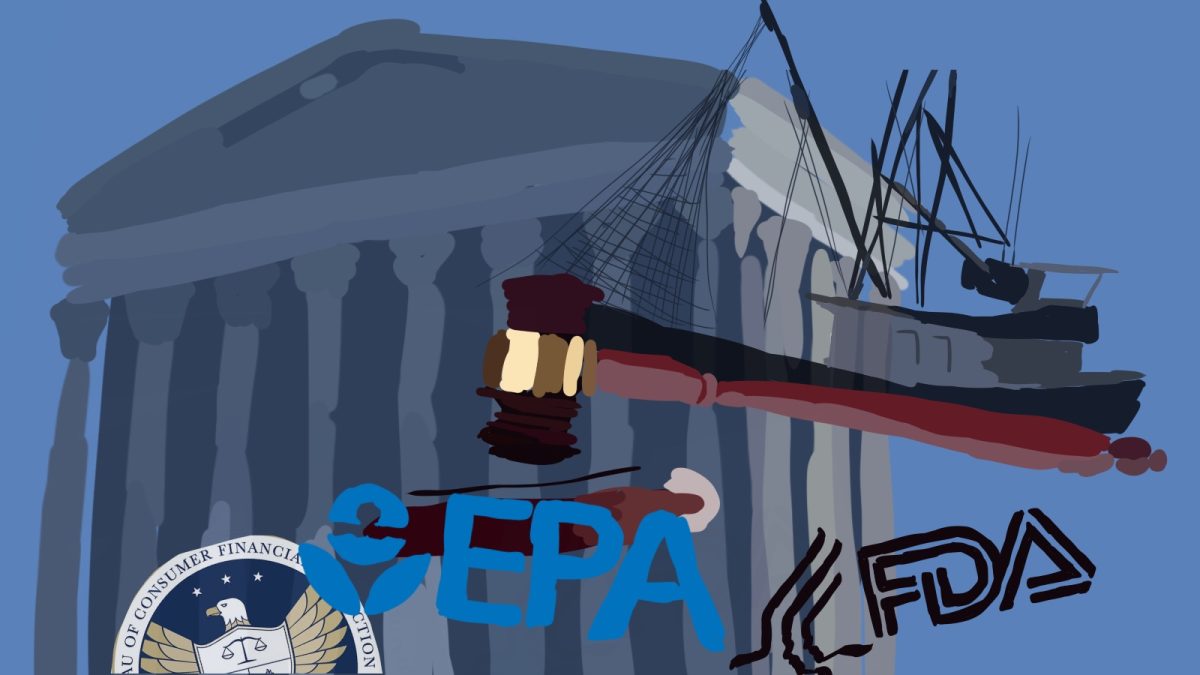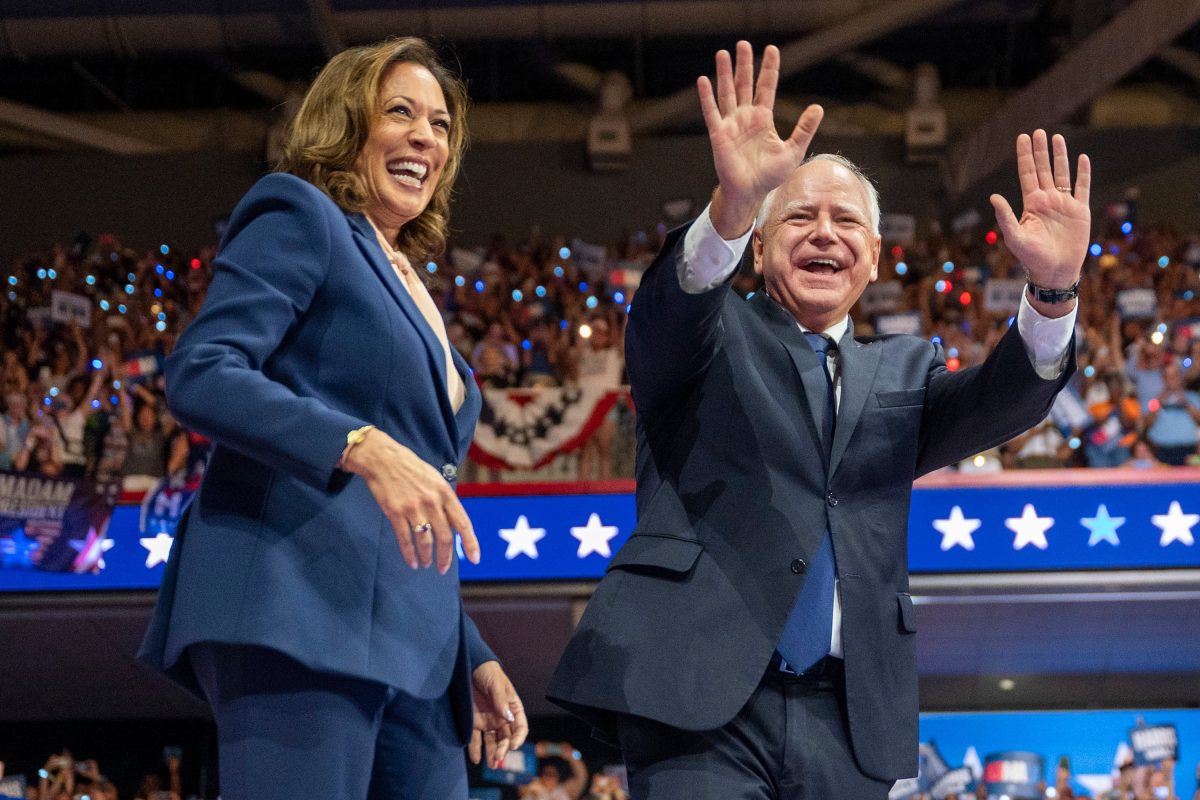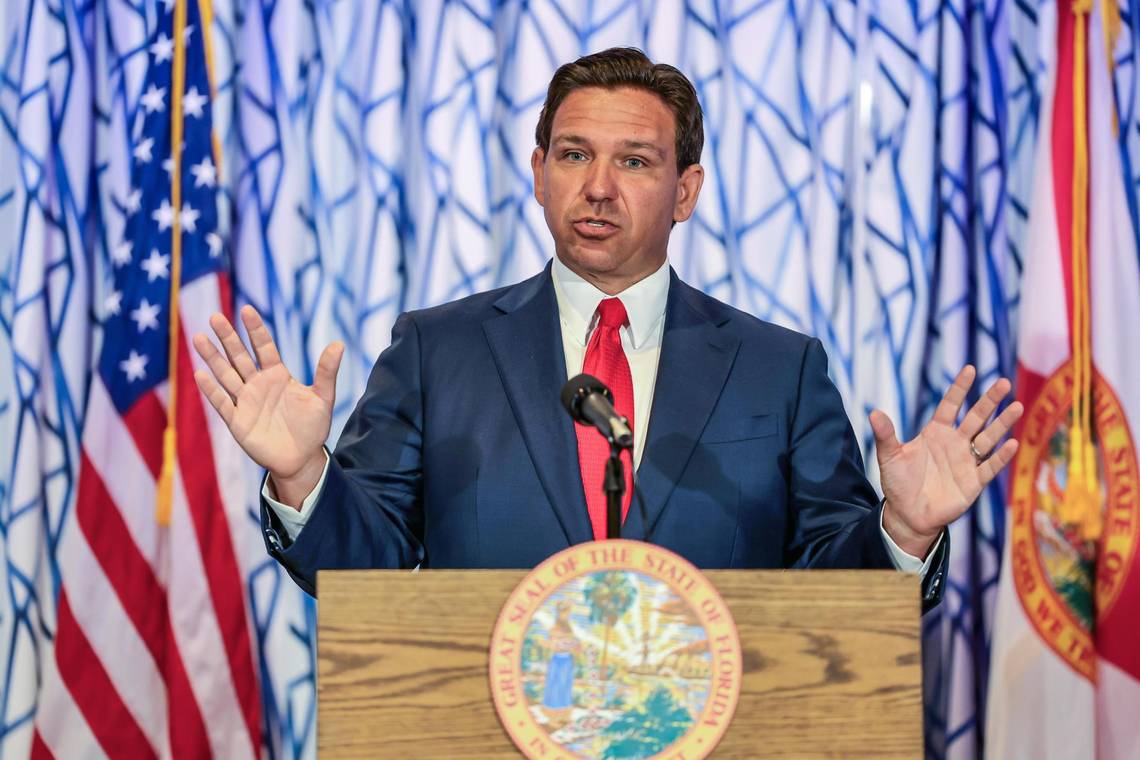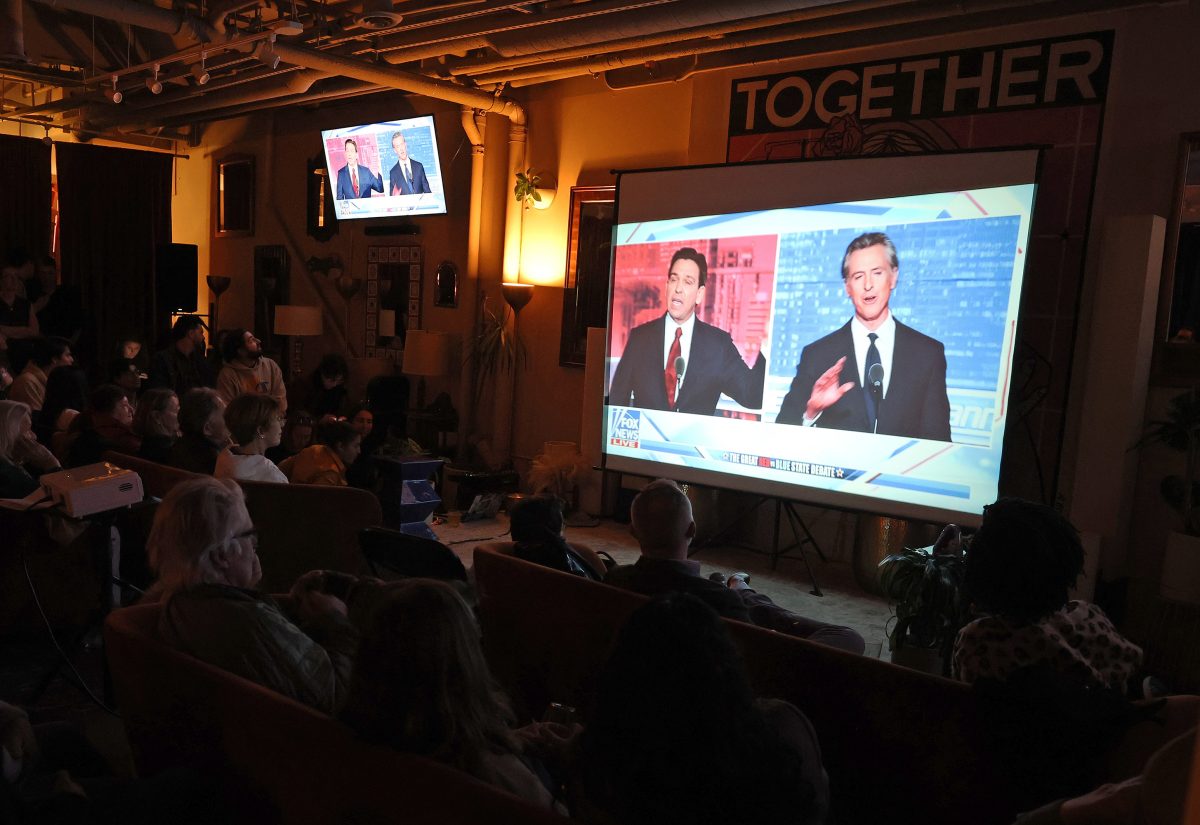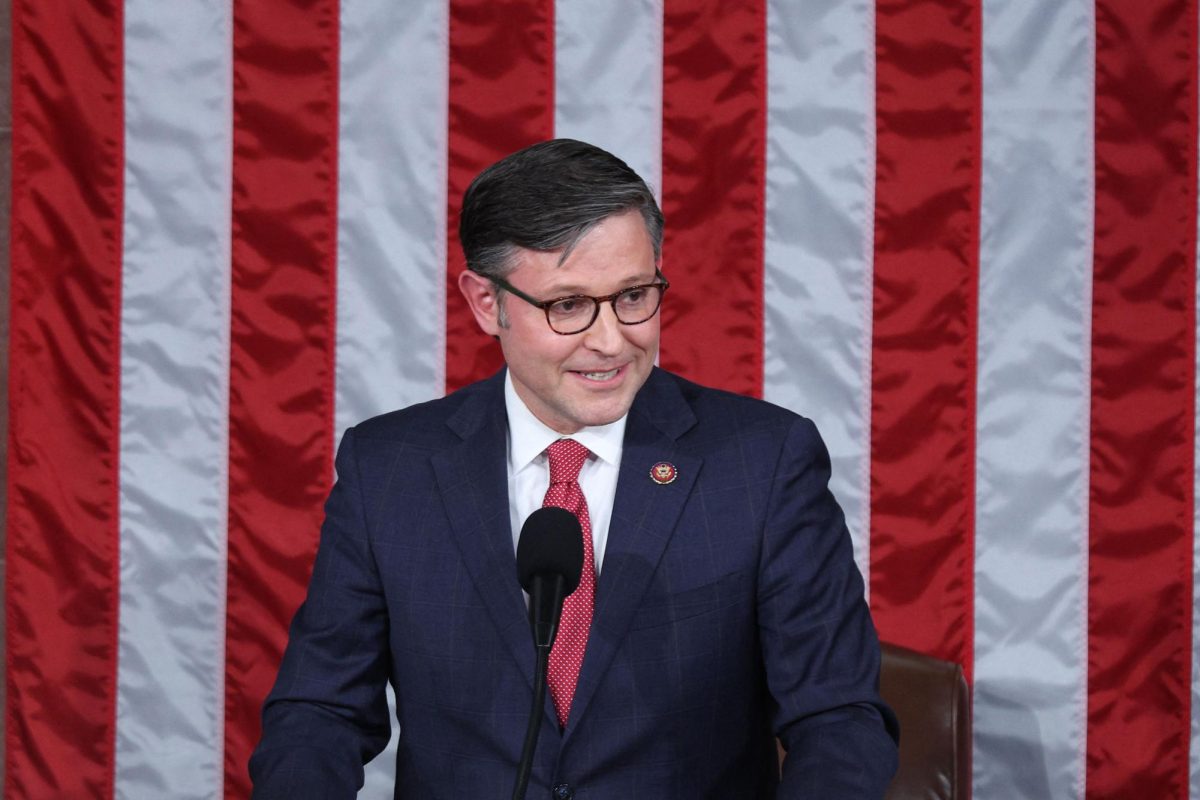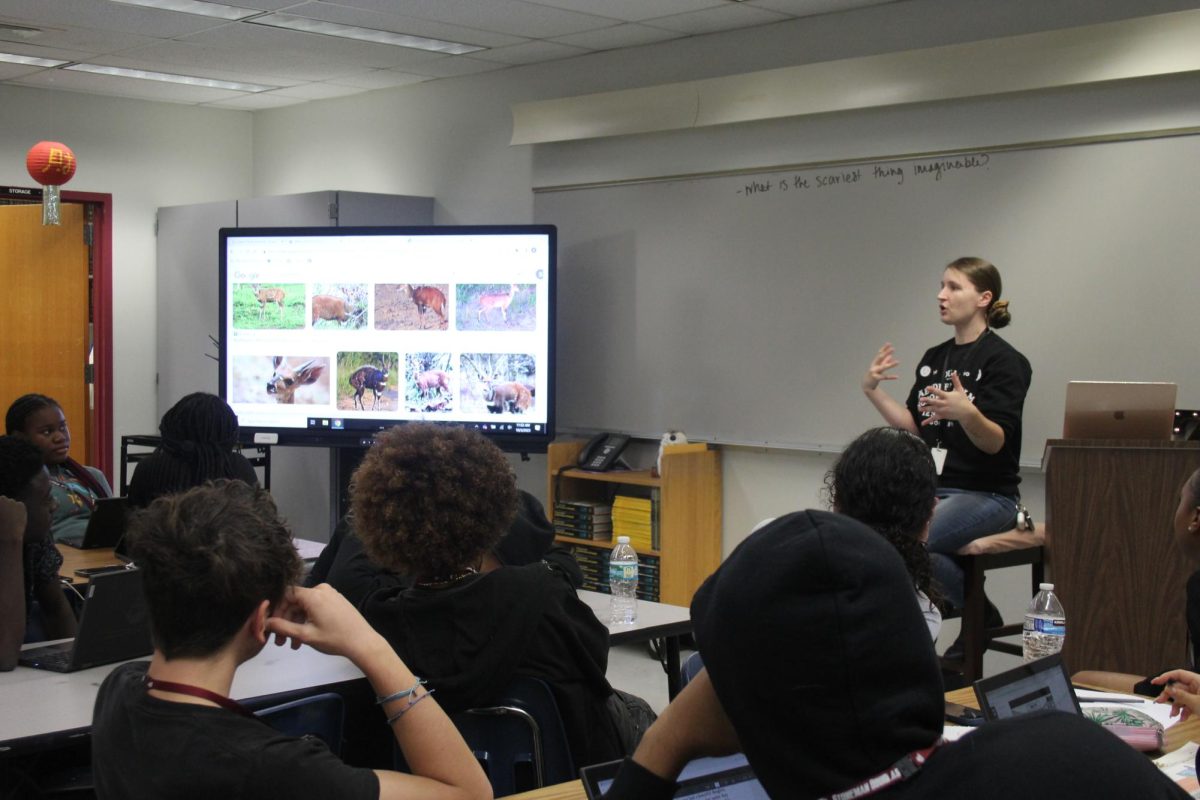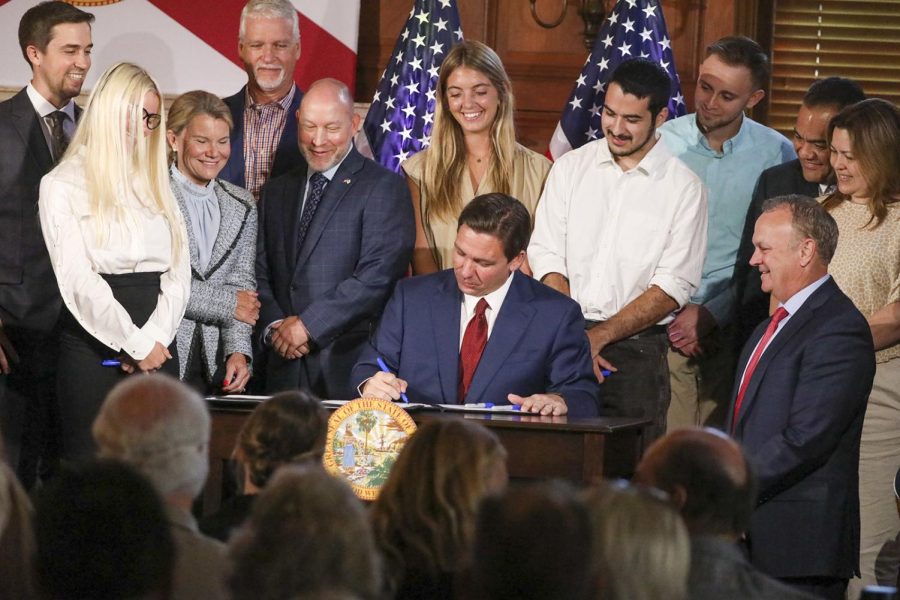Barely making a 12:01 a.m. deadline with only hours remaining, Congress passed a funding bill the night of Saturday, Sep. 30 to avoid a government shutdown that would have economically affected tens of millions of Americans if it had occurred. While the shutdown itself has been avoided, the solution is temporary – only funding the government for the next 45 days until Nov. 17.
“I mean, it was definitely surprising to see such a late compromise made on this,” senior Gabe Uchoa said. “It’s pretty surprising to see congress pull out such a level of bipartisanship at the last minute.”
As such, the bill is considered a stopgap – a temporary solution – passed in effort to postpone the shutdown until Congress can find a more permanent fix to the funding issue as the new Nov. 17 deadline approaches.
The bill passed in the house 335-91 in a large show of bipartisanship; the representatives voting in support of it include 126 members of the Republican party and 209 members of the Democratic party. Those in opposition include 90 republicans and a singular congressman from the democratic party – Illinois Rep. Mike Quigley, citing a severe lack of aid towards Ukraine.
Later Saturday night, the bill moved to the senate and concluded with a vote of 88-9, with all senators voting in opposition being Republicans. Shortly after the passing of the bill in the Senate, it moved to President Biden’s desk where it was quickly signed into effect.
Representative Jared Moskowitz, Marjory Stoneman Douglas High School alumni and representative of Florida’s 23rd congressional district was one of the congressmen who voted in support of the bill, stating his opinions on the bill in a CNN interview shortly after its passing in the house.
“Obviously, we are clearly trying to do what we can to avoid a government shutdown,” Rep. Moskowitz said. “I’m glad the house took the first step and passed this bill on a bipartisan basis.”
Moskowitz also commented on a large point of contention in the bill, which was whether or not to include funding towards Ukraine. In the end, members on the right side of congress refused to provide support to the bill unless that funding was removed, a compromise other congressmen were willing to make. “I’ve got to fund the US government first before I then go provide foreign aid to other countries,” Rep. Moskowitz said. “This was step one… so then we can solve the Ukraine issue.”
While many people see this stopgap bill as a win, many others are already setting their focus on the Nov. 17 deadline ahead of them.
AP Government teacher Jeff Foster was not shocked by the bill’s passing.
“I mean, I wasn’t overly surprised that they extended [the deadline],” Foster said.
In regards to the shutdown affecting those at the school, Foster claimed that the only thing that could end up affecting those at the school would be a “trickle down effect to some state funding, but personally us at the schools wouldn’t be in any danger.”
Should Congress fail to provide another, more long-term funding bill by their Nov. 17 deadline, then the effects will reach millions of Americans. In the event of a government shutdown, all “non-essential” federal operations will be forced to hold, with close to all of them being affected.
Federal services such as the United States Postal Service, Social Security payments, the Transportation Security Administration and Medicare will continue to function, however other important systems and operations such as immigration courts, national parks and museums, and even FDA food safety inspections will cease to function.

